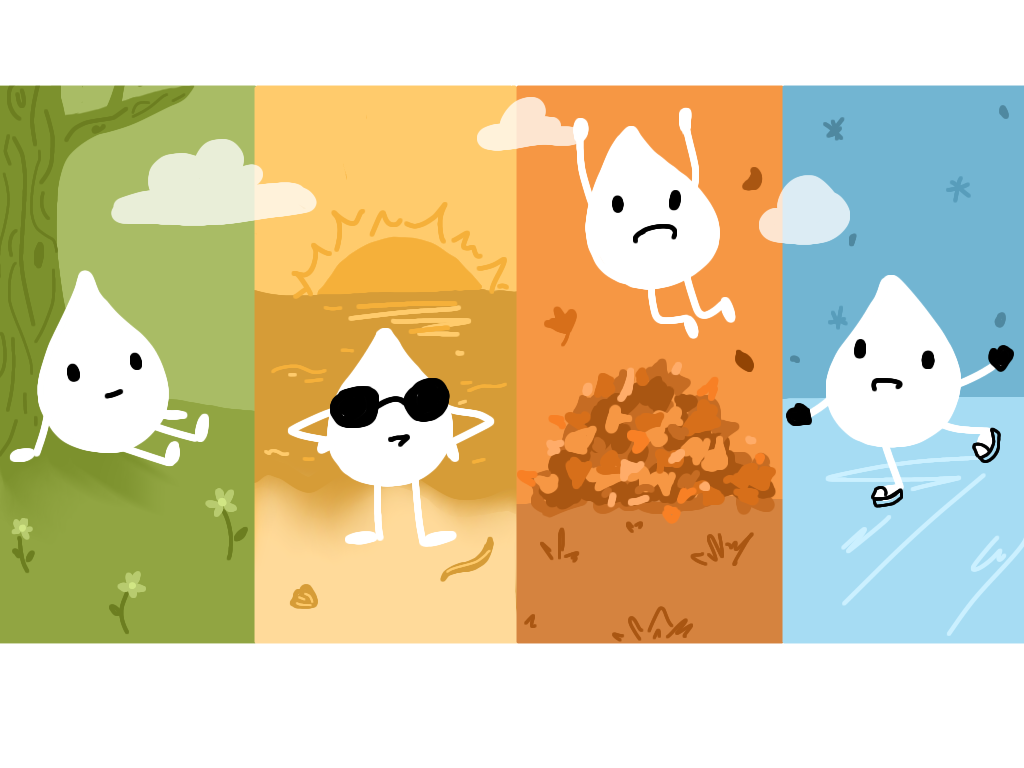On the first day of my sophomore year in high school, a teacher did something I will never forget. Without the students’ knowledge, the teacher pulled one student aside before American Literature began and asked him to tally all the ‘likes’ we said on that first day.
At the end of class the student stood up and said, “I tallied all the “likes” that were said today and who said them.” I can still remember my classmates’ reaction, a mixture of groans and laughter. Then our teacher said each of our names, asked us to stand up and told the class how many “likes” we said. Luckily, I only said three “likes” that day. I remember feeling bad for the girl who said thirteen “likes” in the 45-minute class period.
So why did we laugh or get upset about a teacher tallying “likes?” Why was this how my English teacher started the first day of class? The overuse of “like” has been equated with being uneducated and is generally more common among teens than adults. “Like” is simply one of those annoying filler words people say when they are nervous but trying to act casual. Today, words such as “like” or “umm” mark a death sentence in a class presentation, a telltale sign that the student is unprepared.
On the other hand, “like” is also simply a way some people talk. For instance, when providing an example of how a “valley girl” would speak, the mimic would have at least one unnecessary “like” in it. Some regional accents just have more “likes” in their speech patterns, making it unfortunate that some people are labeled unintelligent because of a slight grammatical flaw.
Everyone has their own personal quirks. I have a friend who flips her hair back whenever she is trying to make a point in conversation or is telling a particularly funny story. I have been told by friends that I say “literally” when I should be saying “figuratively.”
Now the question is whether we, as educated students, should let the unnecessary “likes” slide by as a quirk or should be that annoying friend who points it out.
The problem with not pointing it out or not trying to stop our own “likes” is that everyone has many moments in life where sounding and looking professional is key. For instance, what if we are concerned that a friend might go into “like” overdrive during a job interview? I am pretty sure those getting called back for a second interview aren’t saying, “I like majored in chemistry with like a 3.5 from St. Olaf.”
My teacher in high school ultimately did all of us a favor by counting the “likes” on that first day. I remembered listening for the “likes” on the second day of class and made sure the word never came out of my mouth. You could tell everyone in the class was speaking carefully and truly thinking about what they were going to say. And I have to admit it, not saying “like” pulled our class discussion together into a more conscious discourse.
Jocelyn Sarvady ’15 [email protected] is from Atlanta, Ga. She majors in American studies.


